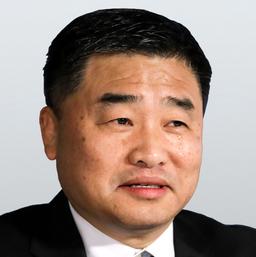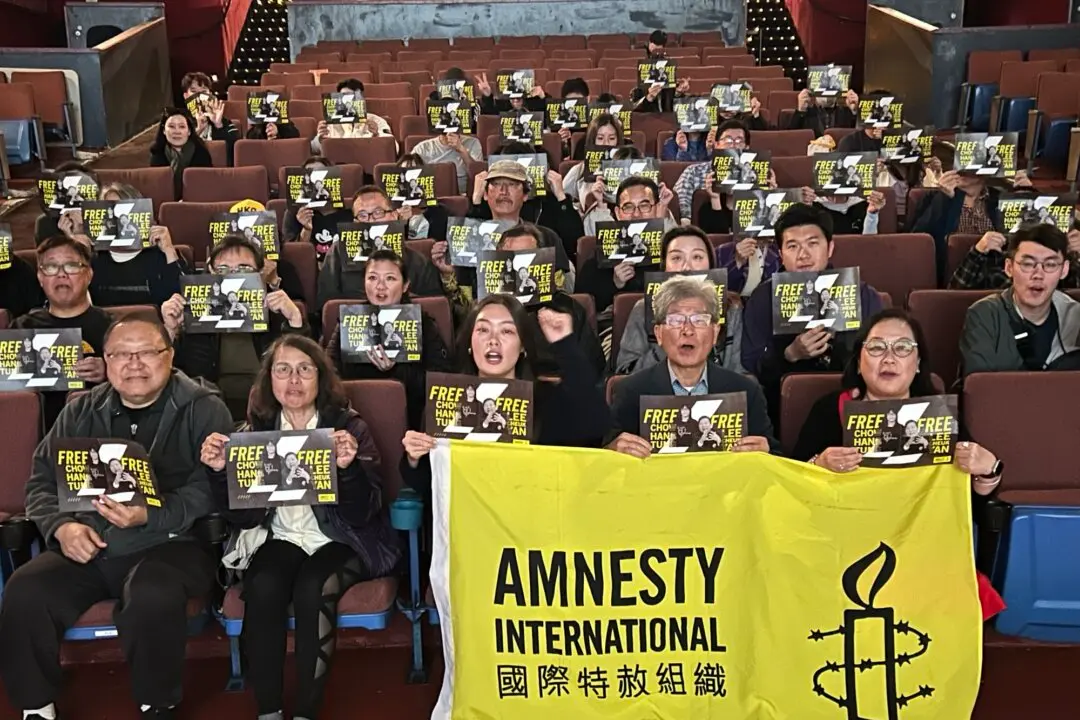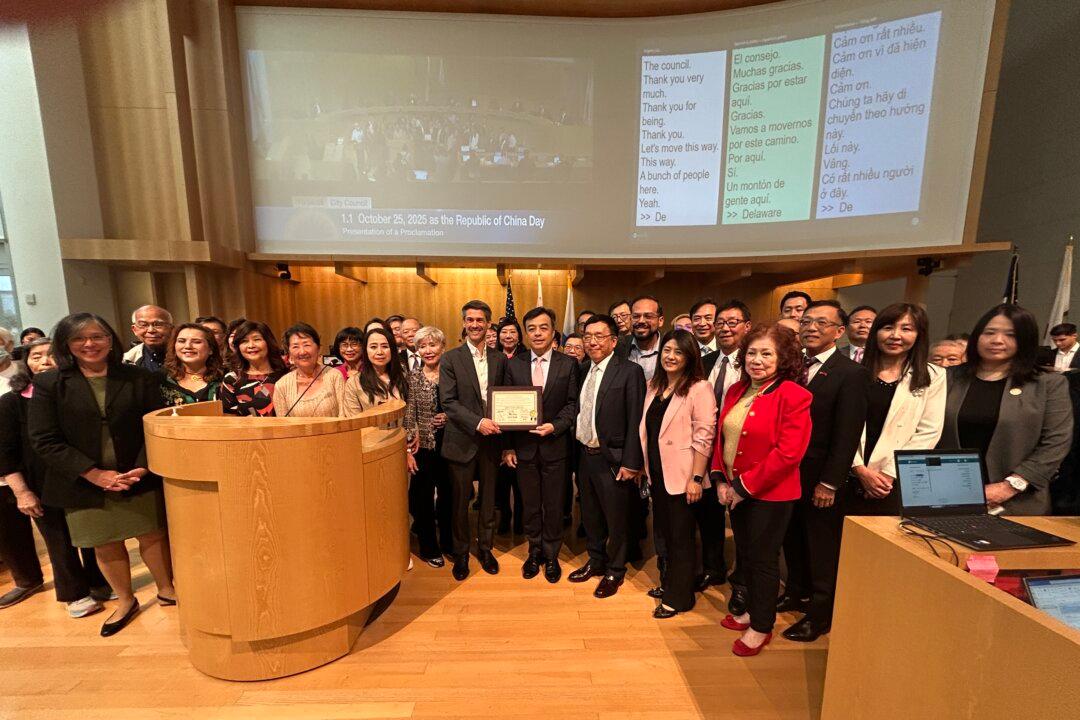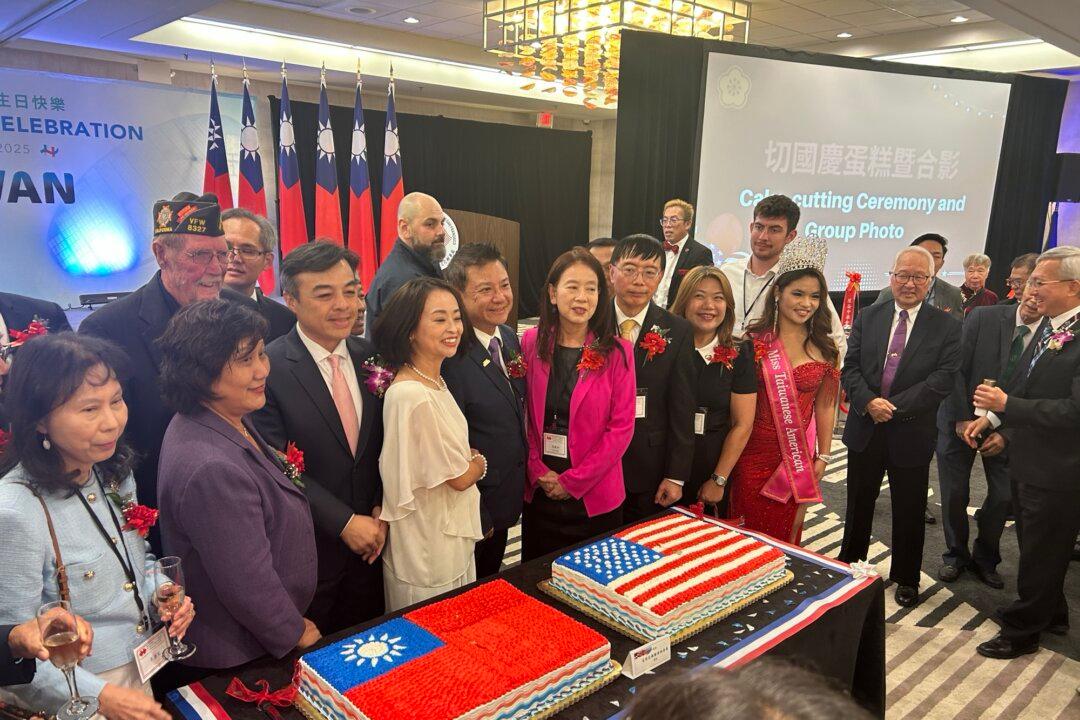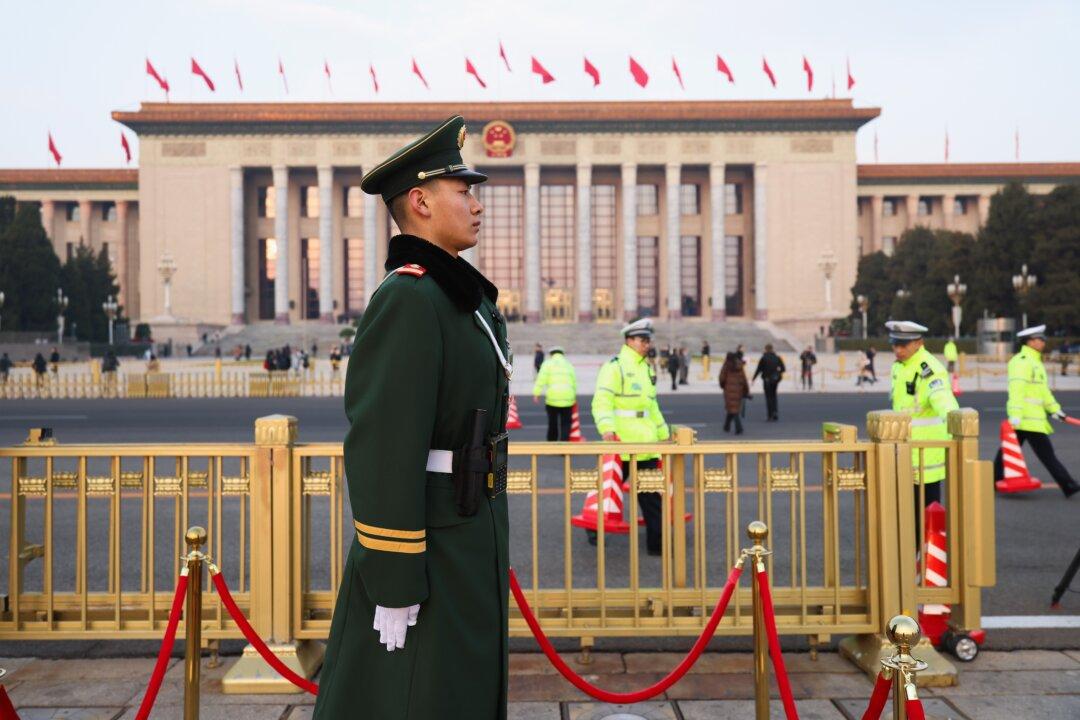In a recent speech to the Taiwanese community in Northern California, Yu Beichen, a retired major general and current reserve major general in Taiwan, reiterated Taiwan’s commitment to its democratic values and emphasized its distinct identity from mainland China.
Addressing the question of the self-ruled island’s ownership, Gen. Yu firmly stated, “Taiwan belongs to freedom, Taiwan belongs to the free and democratic Republic of China, not to communist China.”

